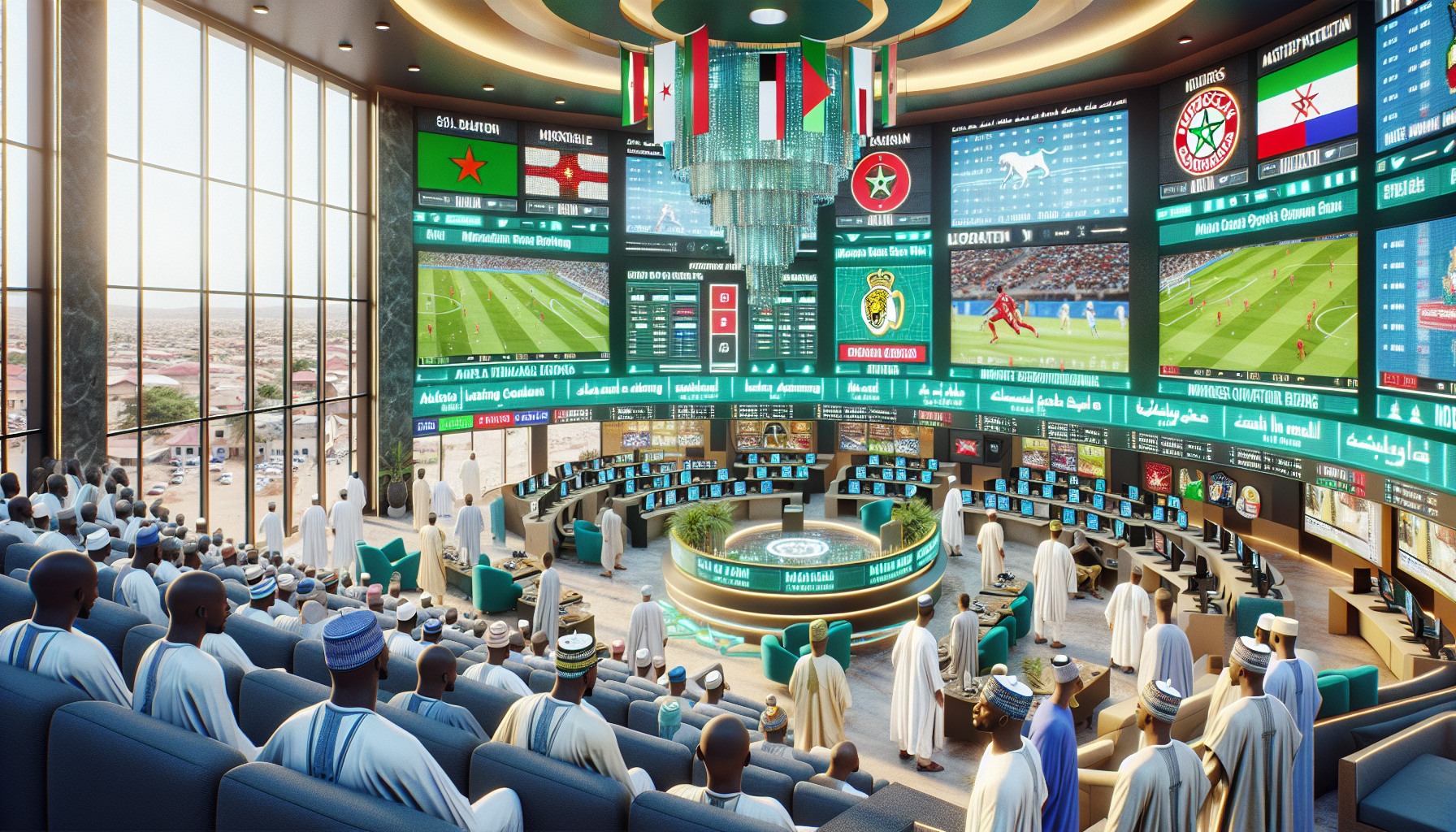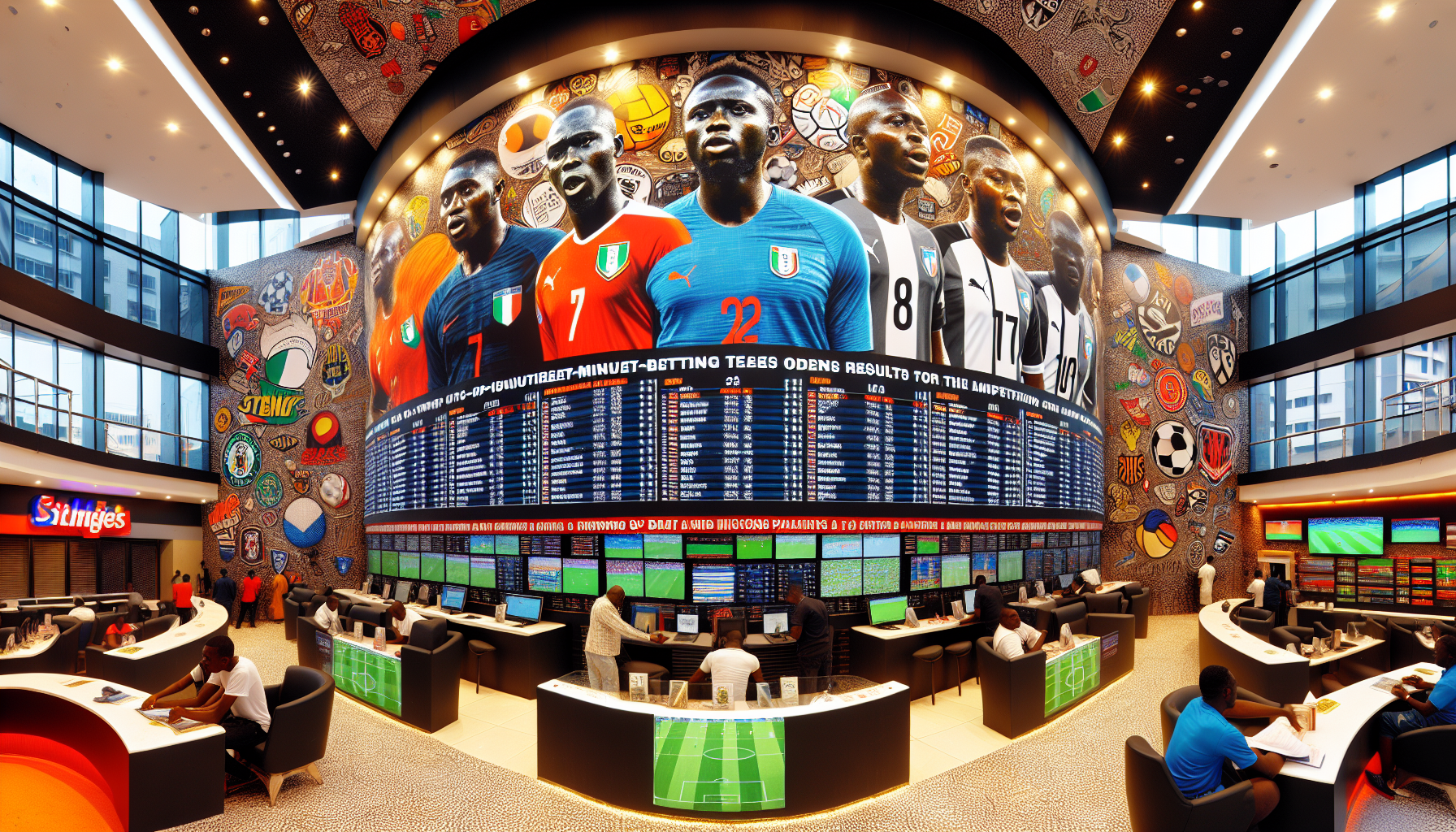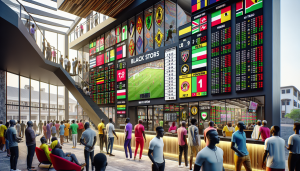Virtual football has become a popular form of entertainment for sports enthusiasts, especially in the online betting world. It offers a fast-paced and exciting experience, allowing users to bet on virtual football matches with realistic graphics and gameplay. But have you ever wondered how virtual football is programmed? In this article, we will dive into the world of virtual football programming and explore the behind-the-scenes process of creating this digital sport.
Understanding How Virtual Football is Programmed
Virtual football games are created by developers who use advanced software and algorithms to simulate real-life matches. These developers work tirelessly to ensure that every aspect of the game is as realistic as possible, from player movements to match outcomes. To understand how virtual football is programmed, we need to take a closer look at the different components that make up these games.
The Role of Devs.ng in Virtual Football Programming
Devs.ng is a leading software development company that specializes in creating virtual sports games, including virtual football. They use state-of-the-art technology and highly skilled programmers to develop high-quality games for various online betting platforms such as Bet9ja.
One key aspect of their programming process involves creating complex algorithms that determine player movements, match outcomes, and other variables within the game. These algorithms are continuously updated and improved upon by Devs.ng developers to ensure that each game remains unpredictable and exciting for players.
Another crucial role played by Devs.ng in virtual football programming is developing lifelike graphics for the game. Using advanced 3D modeling techniques, they create realistic stadiums, players, and crowds that add an immersive element to the overall gaming experience.
The Process of Creating Virtual Football Games

Creating a virtual football game involves several steps that require careful planning and execution by developers. The first step is designing the game’s interface, which includes creating a user-friendly layout and incorporating features such as betting options, live scores, and match schedules.
Next, developers use advanced physics engines to simulate player movements and interactions with the ball. These physics engines calculate factors such as player speed, ball weight, and friction to create realistic gameplay that mimics real-life football matches.
One of the most crucial aspects of virtual football programming is the randomization process. This involves creating algorithms that generate unpredictable match outcomes to ensure fairness for all players. These algorithms are continuously updated and tested by developers to prevent any patterns or biases in the game.
How to Win Virtual Football
Virtual football is a game of chance, and there is no guaranteed way to win every time. However, there are some strategies that you can use to increase your chances of winning:
1) Familiarize yourself with different teams and their playing styles.
2) Keep track of team performance in previous virtual matches.
3) Stay updated on real-life football news as it can also impact virtual matches.
4) Set a budget for betting on virtual football games.
5) Use a mix of single bets and accumulator bets for higher potential payouts.
Pros / Cons
Pros:
– Fast-paced and exciting gameplay
– Realistic graphics
– Easy accessibility through online betting platforms
– Offers a variety of betting options
Cons:
– No control over match outcomes
– Can be addictive if not played responsibly
– Limited knowledge or interest in real-life football may affect enjoyment
FAQ
Q: Is virtual football programmed to favor certain teams?
A: No, virtual football games are programmed using complex algorithms that generate random outcomes for each match.
Q: Can I predict the outcome of a virtual football match?
A: As with any form of gambling, there is no guaranteed way to predict the outcome accurately. Virtual football is a game of chance, and the results are determined by algorithms.
Q: Is virtual football legal?
A: Virtual football is legal in many countries, as long as it is offered by licensed and regulated betting platforms.
Conclusion

In conclusion, virtual football programming involves a combination of advanced technology, skilled developers, and complex algorithms to create an immersive and realistic gaming experience. Devs.ng plays a crucial role in this process by continuously updating and improving the games to keep them fresh and exciting for players. While there is no guaranteed way to win at virtual football, understanding how it is programmed can help you make informed betting decisions. So next time you place a bet on a virtual football match, remember the hard work that goes into creating this digital sport.




